Why Consider Cataract Surgery in Mexico?
Is your vision getting cloudy, making it hard to read or drive at night? If so, you might be dealing with cataracts, a common condition that affects millions worldwide. The great news is that cataract surgery is one of the safest and most effective surgical procedures performed today. However, the cost in countries like the U.S., Canada, or the UK can be a significant barrier. This is why so many are turning their sights to cataract surgery in Mexico.
Renowned for its world-class medical facilities, highly skilled surgeons, and prices that are often 50-70% lower than back home, Mexico has become a premier destination for medical tourism. But the thought of having surgery in another country can be daunting. You're likely wondering: Is it truly safe? How much will it actually cost? How do I find a trustworthy surgeon?
This guide is here to clear up the fog. We’ll provide direct, honest answers to all the questions you've been searching for, covering everything from the types of lenses available to what your recovery will look like. Our goal is to give you the clarity you need to make a confident and informed decision about restoring your vision in Mexico.
What is the Average Cost of Cataract Surgery in Mexico?
The most compelling reason for choosing cataract surgery in Mexico is the dramatic cost savings. In the United States, the same procedure can cost anywhere from $3,500 to $7,000 per eye. The lower cost in Mexico is a result of the country's lower cost of living and operational expenses for medical facilities, not a compromise on the quality of care or technology.
The final price will depend on the type of intraocular lens (IOL) you choose. A standard monofocal lens, which corrects vision at one distance (usually far), is the most affordable option. Premium lenses, such as multifocal or toric IOLs (which correct astigmatism), will increase the cost. Always request a detailed quote that specifies the type of lens and what is covered, including pre-operative consultations, the surgery itself, and post-operative check-ups.
Is Cataract Surgery in Mexico Safe?
Mexico's private healthcare sector is highly advanced. Top ophthalmology centers in cities like Tijuana, Cancun, and Guadalajara are equipped with the latest surgical technology, such as femtosecond lasers for bladeless cataract surgery. Surgeons are often trained in the U.S. or Europe and have extensive experience.
To ensure your safety, it is vital to research your chosen facility. Look for international accreditations, such as those from the Joint Commission International (JCI), and verify that the ophthalmologist is board-certified. Reputable clinics will be transparent about their safety protocols, sterilization techniques, and the qualifications of their medical staff.
How Do I Find a Good Cataract Surgeon in Mexico?
Your choice of surgeon is the most critical factor in your surgical outcome. A qualified ophthalmologist in Mexico should be a member of the Mexican Society of Ophthalmology (Sociedad Mexicana de Oftalmología). Many top surgeons are also members of international organizations like the American Academy of Ophthalmology (AAO).
Here are key steps to finding the right surgeon:
- Verify Credentials: Check their education, training, and certifications.
- Check Experience: Ask how many cataract procedures they perform annually. High volume often correlates with high proficiency.
- Read Patient Testimonials: Look for reviews on independent platforms to gauge patient satisfaction.
- Schedule a Consultation: A video call allows you to ask specific questions about the procedure and their approach, and to see if you feel comfortable with them.
What Types of Intraocular Lenses (IOLs) Are Available in Mexico?
The choice of IOL is a key part of the cataract surgery process. Mexican clinics provide the same high-quality lenses from leading manufacturers (like Alcon and Johnson & Johnson Vision) that are available in the U.S. and Europe.
| Lens Type | What It Corrects | Best For |
|---|---|---|
| Monofocal | Vision at a single distance (near, intermediate, or far). | Patients who don't mind wearing glasses for some activities. |
| Toric | Cataracts and astigmatism. | Patients with significant astigmatism seeking clear distance vision. |
| Multifocal/EDOF | Vision at multiple distances, reducing the need for glasses. | Patients who want greater freedom from glasses for most daily tasks. |
Your surgeon will perform a comprehensive eye exam and discuss your lifestyle to help you choose the best IOL for your needs.
What is the Cataract Surgery Procedure Like?
Cataract surgery is remarkably efficient and painless. You will be awake during the procedure, but your eye will be completely numb, and you may be given a mild sedative to help you relax. The surgeon uses a high-frequency ultrasound device to gently dissolve the cataractous lens, which is then suctioned out.
The new, folded IOL is inserted through the same tiny incision and unfolds into position. The incision is typically self-sealing and does not require stitches. After a short recovery period at the clinic (usually about an hour), you can return to your hotel to rest.
How Long Do I Need to Stay in Mexico for the Surgery?
A typical timeline would look like this:
- Day 1: Arrive and settle into your hotel.
- Day 2: Pre-operative consultation and final eye measurements.
- Day 3: Surgery day. Rest at the hotel afterward.
- Day 4: First post-operative check-up. The surgeon will remove your eye shield and check your vision and eye pressure.
- Day 5-6: Rest and enjoy light activities.
- Day 7: Final check-up and clearance to travel home.
What is Recovery Like After Cataract Surgery?
For the first few days, your vision may be a bit blurry or hazy, and your eye might feel slightly scratchy or sensitive to light. This is normal and improves quickly. You will be given a protective shield to wear while sleeping for the first week.
The most important part of recovery is administering your anti-inflammatory and antibiotic eye drops as prescribed to prevent infection and control inflammation. Most people can resume normal activities like reading and watching TV the next day and can often return to work within a week, depending on their job.
Ready to see the world clearly again? Explore your options for safe and affordable vision correction. Visit PlacidWay to connect with leading ophthalmologists and get personalized quotes for your cataract surgery in Mexico.

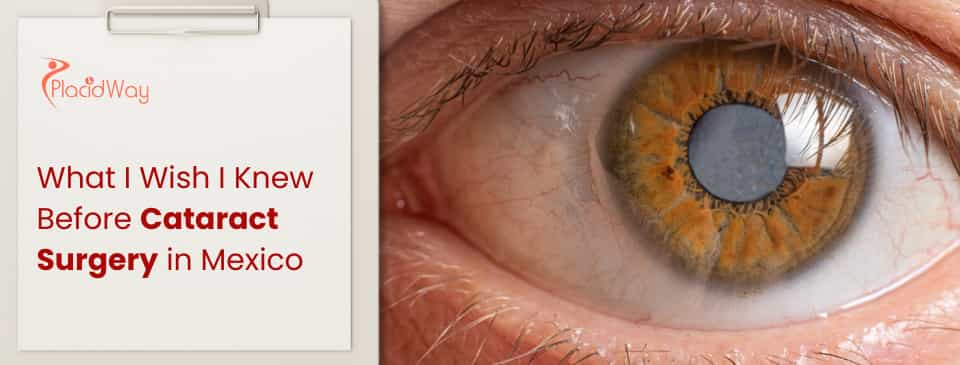

.png)
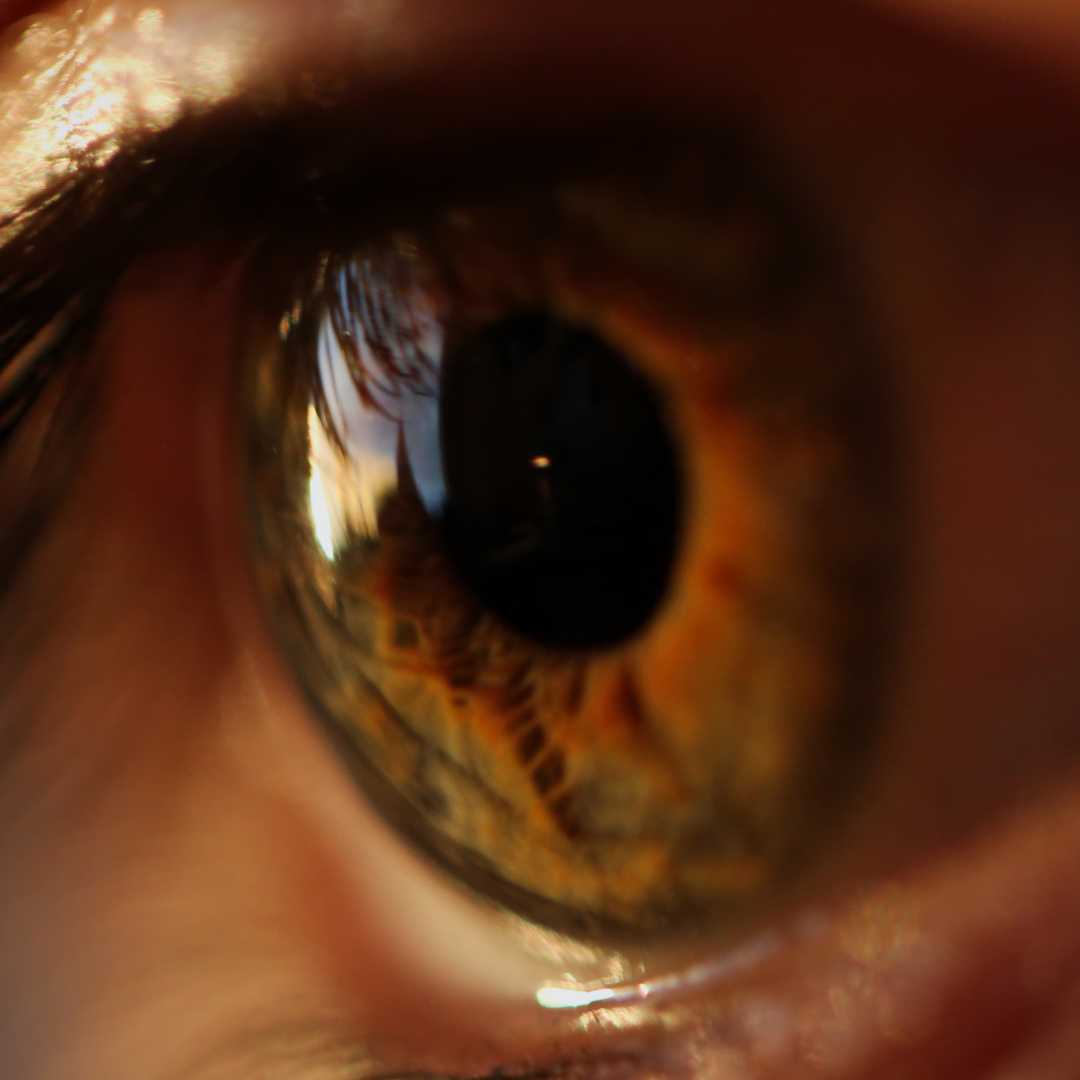

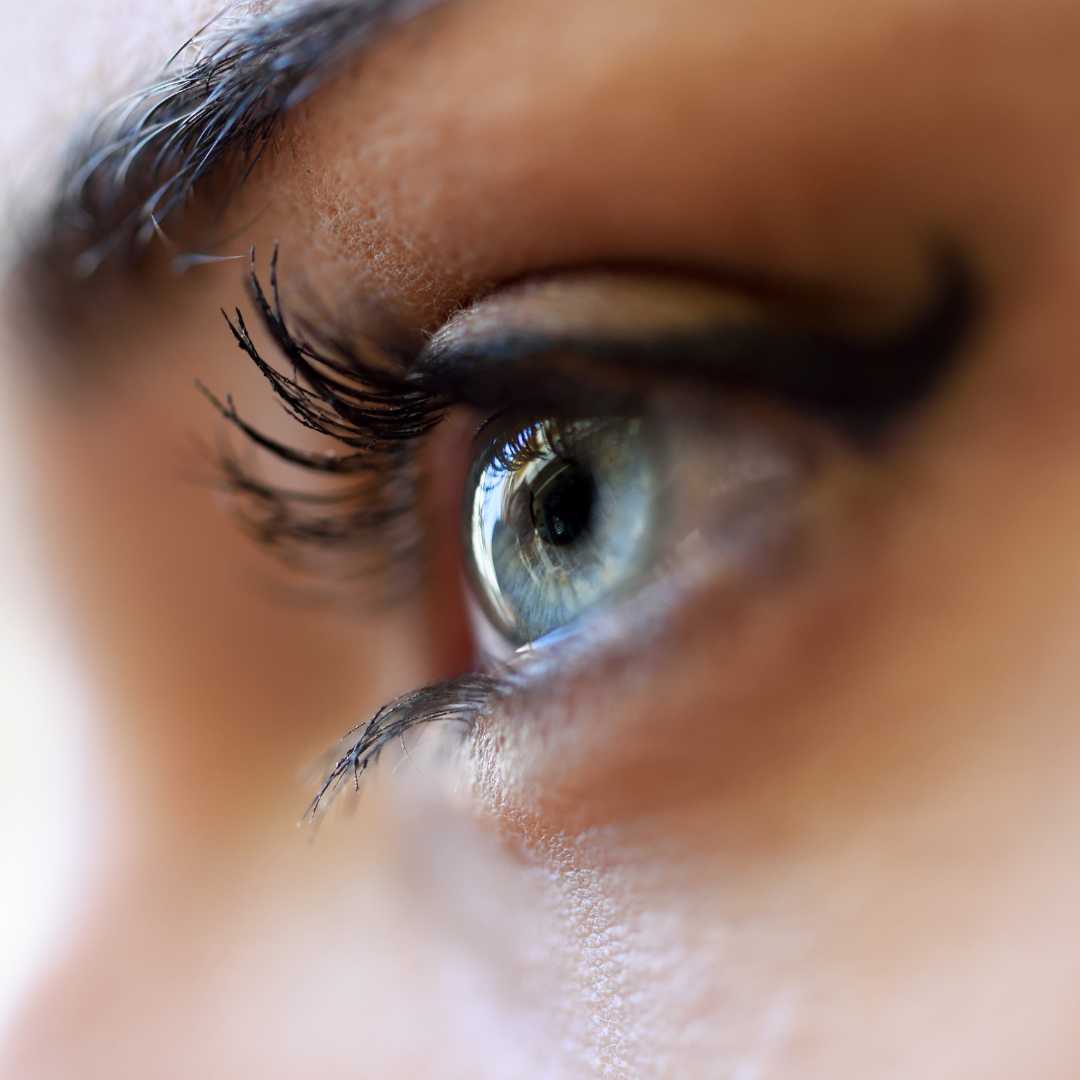
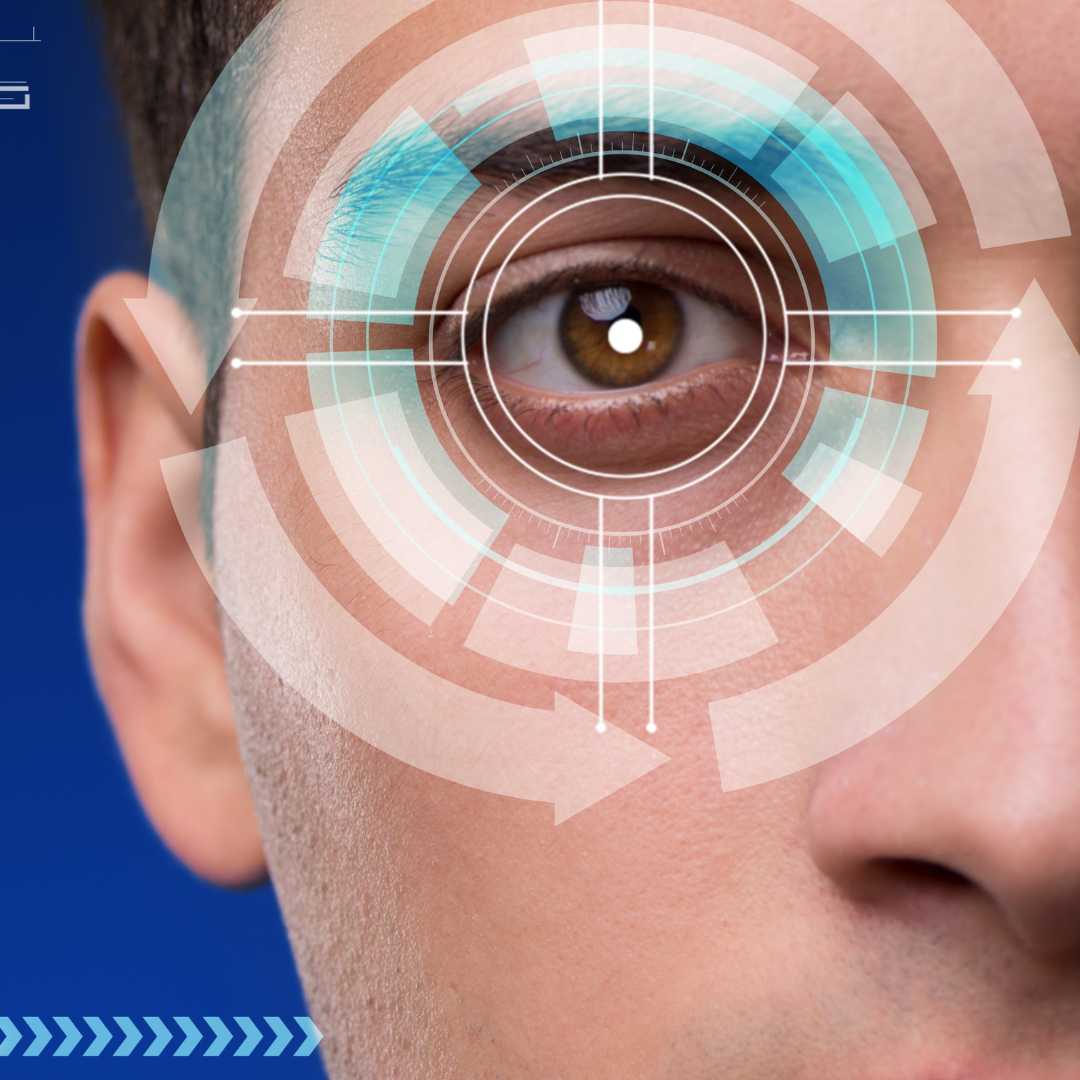
.png)

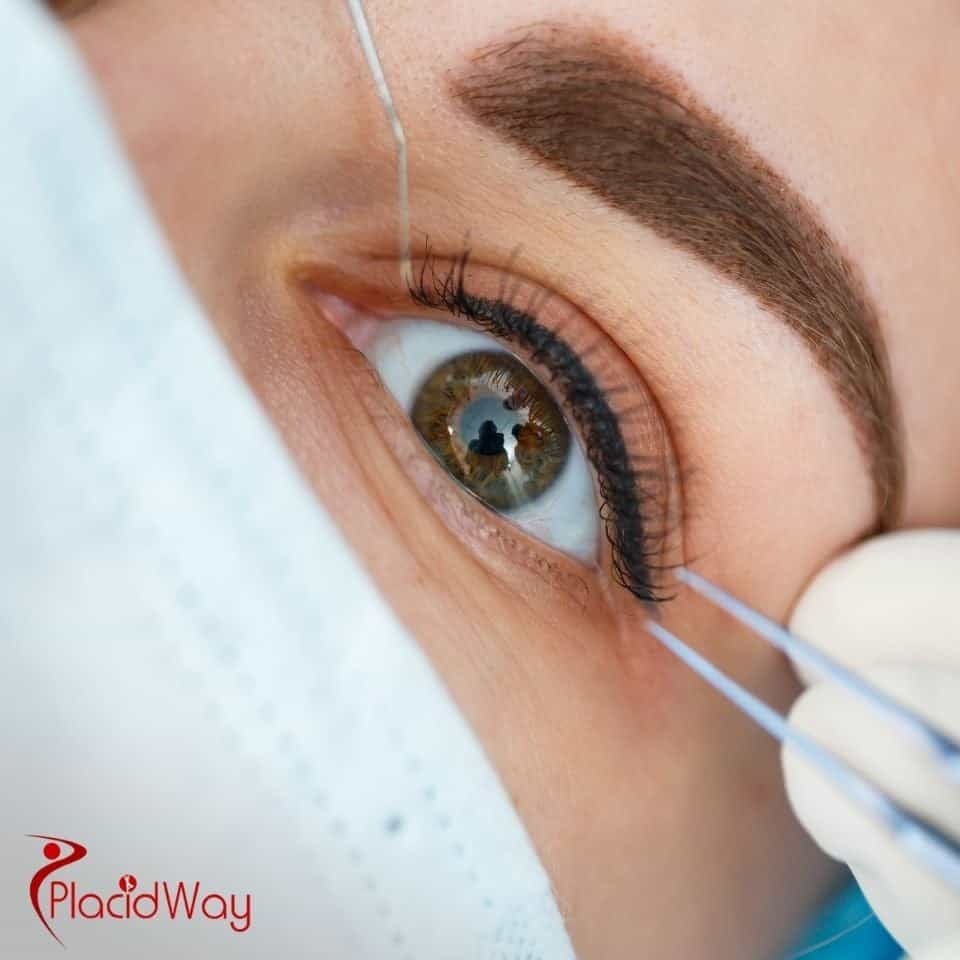


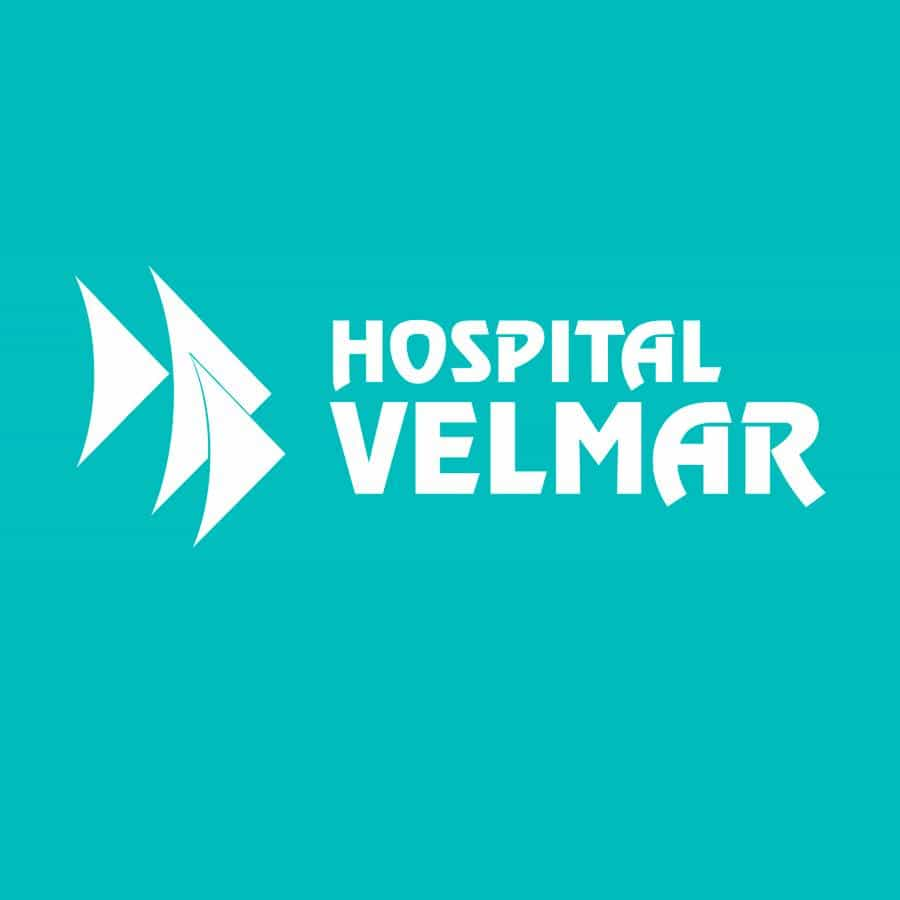
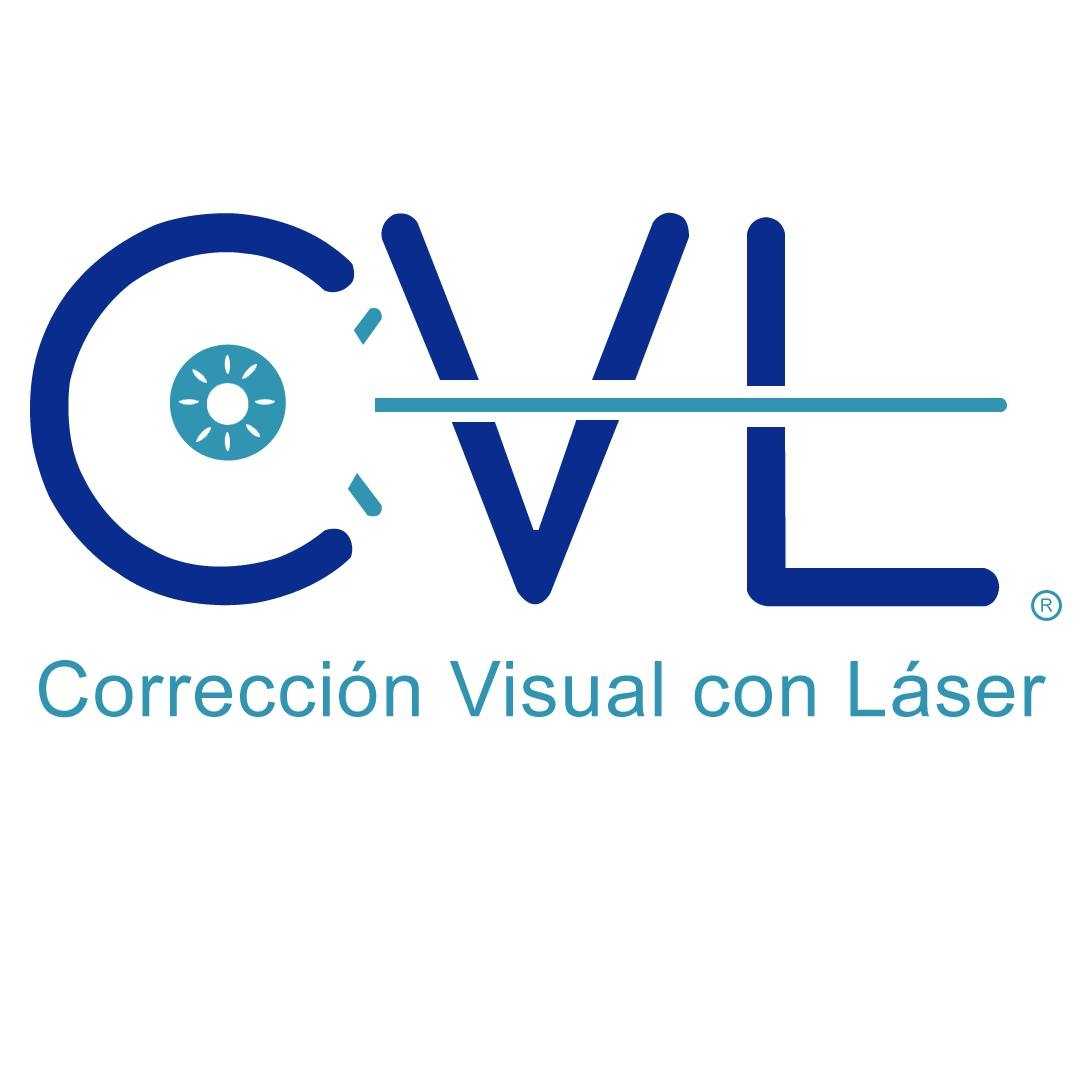
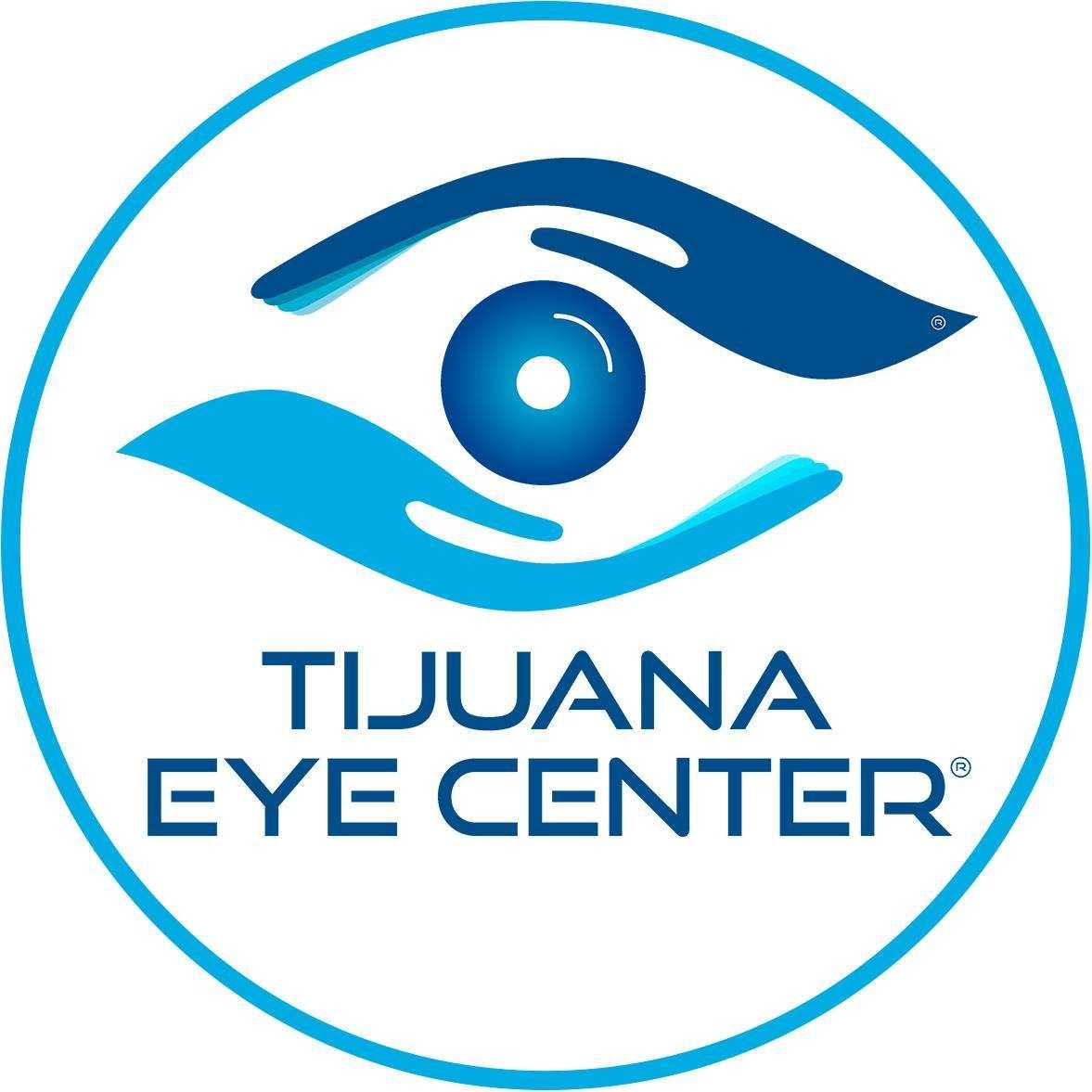


Share this listing